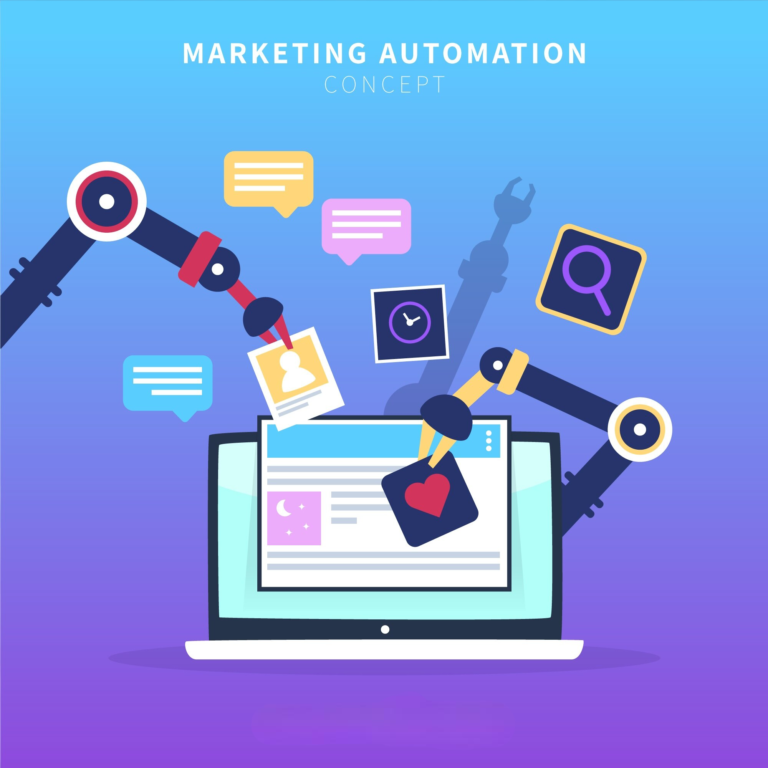Generative Engine Optimization (GEO): Dominate AI Search Results Today

What Is GEO and Why Is It Crucial for Modern SEO?
Generative Engine Optimization (GEO) is a groundbreaking approach to search engine optimization designed for the AI-driven era. AI in SEO Strategies, Consider the case of a skincare brand that successfully leveraged GEO by optimizing their content for AI-friendly queries. Within months, they saw their products consistently recommended in AI-generated search results, driving a significant increase in both visibility and sales. With tools like ChatGPT, Claude, and Google’s AI overviews becoming key players in search behaviors, GEO ensures businesses stay visible in these new search paradigms. Traditional SEO techniques, while still relevant, are no longer sufficient to secure a spot in AI-generated search results.
Imagine asking an AI tool for “the best skincare brands” and receiving a tailored list without ever visiting a traditional search engine. For instance, a popular skincare company successfully optimized their content to appear in such AI-generated lists, leading to a 30% increase in monthly traffic and a noticeable boost in online sales. This shows the tangible benefits of being included in AI overviews. That’s the power of AI overviews, and GEO is your pathway to being included in those results. Businesses that adapt to GEO not only gain visibility but also establish authority in this emerging digital frontier.
Here is an example of one long tail key word research where I have blown away!

Understanding the Shift from Traditional SEO to GEO
Previously, optimizing for search engines like Google meant focusing on organic rankings. Now, AI-driven tools are reshaping search behaviors. For example: Top AI-Driven SEO Strategies
- AI Tools Prioritize Relevance: ChatGPT and Claude analyze vast datasets, often bypassing traditional web searches.
- Google’s AI Overviews: These overviews summarize information at the top of search results, pulling content directly from authoritative sources.
To rank in this new ecosystem, businesses need to rethink their strategies. It’s not just about ranking in organic search results—it’s about ensuring your content is tailored for AI-driven queries.
Key Concerns in Adapting to AI-Driven Search Trends
Adapting to GEO isn’t without its challenges. For instance, a mid-sized e-commerce business initially struggled to adapt when AI-driven tools began prioritizing narrowly focused, context-rich content. Despite their strong traditional SEO rankings, they experienced a sharp decline in traffic as AI overviews favored competitors with more targeted GEO strategies. This underscores the importance of early preparation and adopting AI-friendly optimization techniques to remain competitive. Businesses must navigate several hurdles, including:
- Reduced Organic Visibility: AI overviews often display answers directly, reducing clicks to traditional search results. For instance, searches like “What are the best running shoes for flat feet?” may yield a summarized result, leaving fewer users scrolling down.
- Ranking Unpredictability: Unlike traditional search rankings, AI tools prioritize content relevance over domain authority. This unpredictability means even established brands might struggle to appear in AI overviews without targeted content optimization.
- Increased Competition: As businesses recognize the value of GEO, competition for visibility in AI overviews is intensifying. Staying ahead requires a proactive and well-informed strategy.
Practical Steps to Optimize Your GEO Strategy
While the shift to GEO might seem daunting, actionable strategies can help you stay ahead:
- Focus on Targeted Content: Create highly specific and concise content addressing AI-friendly queries. For example, an AI-friendly query like “What is the best project management software for small teams?” focuses on clear intent and specific needs. This differs from traditional SEO-focused queries such as “Project management tools,” which are broader and less targeted for immediate solutions. Use tools like SEMrush or Ahrefs to identify long-tail keywords aligned with AI-driven searches.
- Leverage Digital PR: Build backlinks and mentions across authoritative sites. Reach out to industry-relevant blogs or use platforms like HARO (Help a Reporter Out) to get featured in credible publications. AI tools often rely on linked content to validate their summaries, so maintaining an active backlink-building strategy is crucial.
- Enhance Content Readability: Use tools like Hemingway Editor or Grammarly to ensure your content is clear and concise. Break up text with headers, bullet points, and visuals, making it easier for AI algorithms to process.
- Submit Updated Content to Google Search Console:
- Monitor and Adapt: Regularly analyze AI-driven search results using tools like SE Ranking or Moz. Identify what content appears in AI overviews and adjust your strategy based on new trends. Regularly analyze AI-driven search results and refine your strategy based on evolving trends.
The Future of SEO: Opportunities in AI Overviews
While exploring the intricacies of GEO and AI-driven search trends, an amusing realization emerges: the rise of AI hasn’t replaced humans. Instead, it’s making us more essential than ever! Crafting AI-friendly content, optimizing for ever-changing algorithms, and staying ahead of trends require human creativity, judgment, and strategy. Think of it this way—AI is like a supercharged sports car. It’s powerful, fast, and innovative, but it still needs a skilled driver to steer it effectively.
If navigating this dynamic landscape feels overwhelming, partnering with experts ensures you’re in the driver’s seat while staying ahead of the competition. Professional agencies can help fine-tune your GEO strategy, leveraging AI’s potential while ensuring the human touch remains front and center.
The rise of GEO signals a transformative shift in how businesses approach digital marketing. As AI tools continue to evolve, they’ll play an even larger role in shaping search behaviors. For those willing to embrace this change, the potential rewards are immense.
Consider this: Early adopters of GEO strategies will not only dominate AI overviews but also position themselves as industry leaders. By creating GEO-optimized content and building a strong digital presence, businesses can capture untapped opportunities in this growing space. For example, industries like e-commerce and SaaS have already seen significant growth by tailoring their strategies for AI-driven tools. Early movers in these sectors have not only improved visibility but also gained a competitive edge by aligning their content precisely with GEO requirements.
For those navigating this shift, seeking expert guidance can make all the difference. Experienced professionals can help streamline your GEO strategy, ensuring your brand remains visible and competitive in this evolving landscape. The future of SEO is here—and it’s generative, adaptive, and full of potential.
How to Use Structured Data to Help AI Understand Your Content:
Implement schema markup to make your content more accessible and understandable for AI-driven tools. Structured data helps AI recognize the context of your content, enhancing its chances of appearing in search overviews. For example:
- FAQ Schema: Use this for pages with frequently asked questions to provide concise answers that AI tools can easily display.
- How-To Schema: Perfect for step-by-step guides, making them ideal for AI summaries.
- Product Schema: Highlight details like price, availability, and reviews for e-commerce products.
Tools like Google’s Structured Data Markup Helper can simplify the process of adding schema to your site.
Next Steps:
- If you’re ready to embrace the future of SEO, start by analyzing your current content for GEO readiness. Identify gaps and opportunities, and make targeted optimizations.
- Unsure where to begin? Reach out to professionals with expertise in GEO to help craft a strategy tailored to your business needs.
Frequently Asked Questions (FAQs)
Q1: What is Generative Engine Optimization (GEO)?
Generative Engine Optimization (GEO) is a strategy focused on optimizing content for AI-driven tools like ChatGPT, Claude, and Google’s AI overviews. It ensures that businesses remain visible in AI-generated search results.
Q2: Why is structured data important for GEO?
Structured data, like schema markup, helps AI tools understand the context of your content. It improves the chances of your content being featured in AI-driven search overviews.
Q3: How can I use FAQ schema for GEO?
By marking up your frequently asked questions with FAQ schema, you allow AI tools to quickly access and summarize your content for users. This improves visibility in AI-generated search results.
Q4: What tools can help with GEO strategies?
Tools like Google Search Console, SEMrush, Ahrefs, and Hemingway Editor are essential for refining GEO strategies, improving readability, and monitoring search performance.
Q5: How can I ensure my content remains relevant to AI algorithms?
Regularly update your content, focus on user intent, and align your strategies with emerging trends in AI-driven searches.






